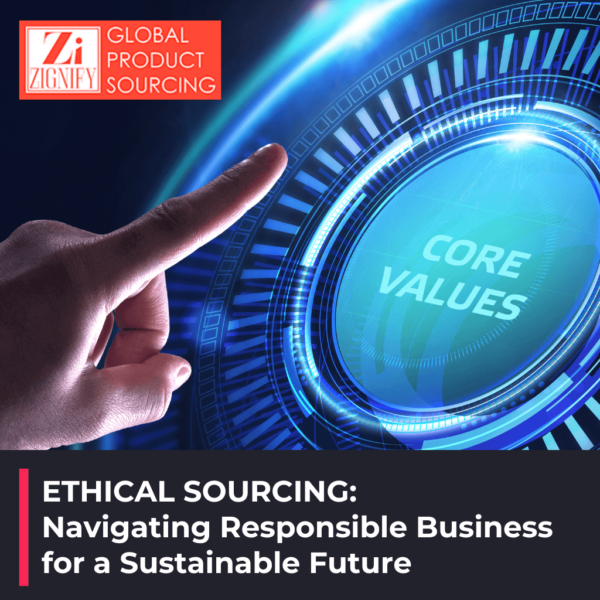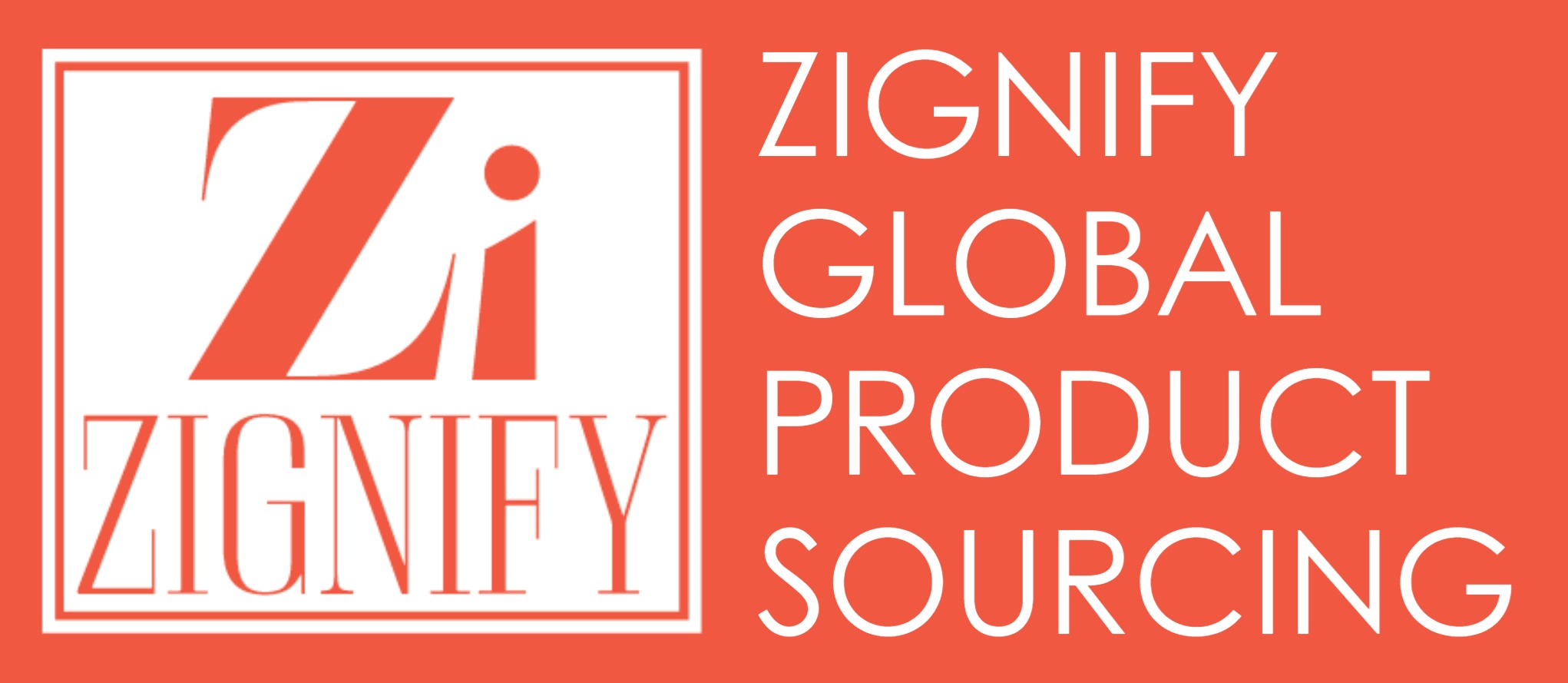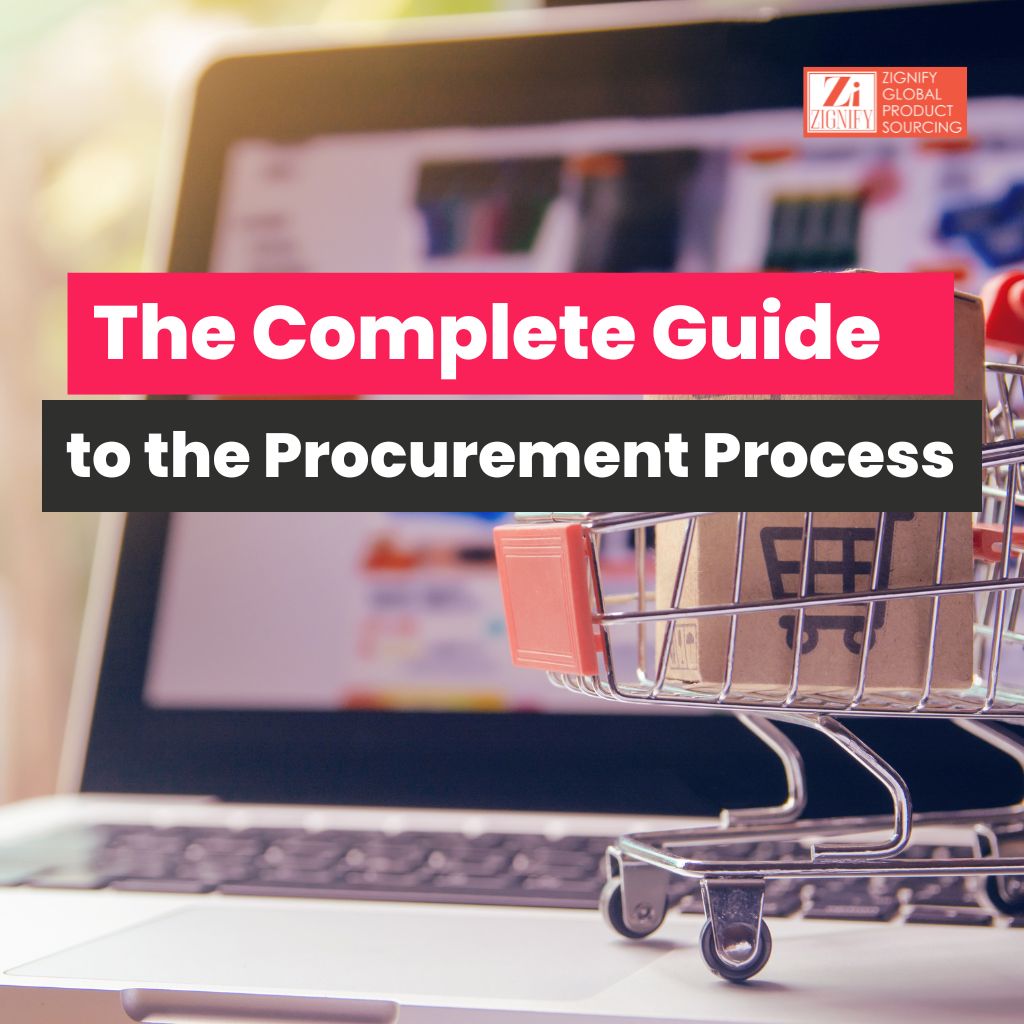
Today, ethical sourcing has become a critical aspect of supply chain management. Consumers are increasingly concerned about the social and environmental impact of the products they purchase, and businesses are recognizing the need to adopt ethical sourcing practices.
In 2015, a report from the World Economic Forum projected that implementing sustainable and ethical sourcing practices could lead to a reduction in supply chain costs ranging from 9% to 16%. Simultaneously, it suggested that such practices could enhance revenues by up to 20% for responsible products and elevate brand value by 15% to 30%.
In this article, we’re going to learn why ethical sourcing is a game-changer in supply chains and share some awesome tips for keeping it ethical, guiding your business towards a transparent and responsible supply chain.
Does ethical sourcing matter to your business?
Absolutely! Ethical sourcing should be at the core of our business values. Consumers are becoming increasingly conscious of the impact their purchases have on the world, leading to a growing demand for ethically sourced products.
This is why ethical sourcing should be a top priority
Building Trust with Consumers: A Salsify survey reveals that 46% of US consumers >say they would pay more to purchase from brands they can trust, demonstrating the importance of ethical sourcing in fostering consumer trust. When people know that a company prioritizes fair labor practices and sustainable sourcing, they are more likely to choose those products. Brands that are transparent about their ethical efforts often earn greater customer loyalty.
Enhancing Brand Reputation: A strong commitment to ethical sourcing positively influences your brand’s reputation. Consumers are more likely to choose products from companies known for responsible and sustainable sourcing, leading to increased brand loyalty.
Human Rights Protection: Ethical sourcing helps protect human rights by preventing practices such as child labor, forced labor, and discrimination. This ensures that workers are treated with dignity and respect throughout the supply chain.
Risk Mitigation: Ethical sourcing minimizes the risk of supply chain disruptions and legal issues associated with unethical practices. This proactive approach safeguards your business against potential reputational and financial damages.
Meeting Regulatory Standards: Many regions have strict regulations regarding the sourcing and production of goods. Adhering to these standards not only ensures legal compliance but also demonstrates your commitment to responsible business practices.
Appealing to the Growing Green Market: The eco-friendly and sustainable market is expanding rapidly. Ethical sourcing positions your business to tap into this lucrative market segment, attracting environmentally conscious consumers.
Sustainability and environmental responsibility: Ethical sourcing is not limited to labor practices; it also includes environmentally responsible sourcing. Sustainable practices help preserve the planet for future generations and reduce the environmental footprint of your business.
Practical tips for businesses engaging in ethical sourcing
Here are some tips to guide your journey towards a more sustainable and ethical supply chain:
- Understanding every link in your supply chain is paramount. Knowledge is power, and in this case, it empowers you to make informed, ethical decisions. Gain a thorough understanding of where your raw materials come from and the practices involved in their production.
- Don’t just talk the talk; walk the walk. Establish clear ethical standards and criteria for your suppliers. This can include environmental sustainability, fair labor practices, and adherence to human rights.
- Regularly audit your suppliers to ensure accountability. It’s not about micromanaging; it’s about ensuring everyone is on the same page in terms practices. This may involve on-site inspections and evaluations of their practices.
- Choose suppliers who have certifications for ethical and sustainable practices. For example, look for certifications like Fair Trade, Forest Stewardship Council (FSC), or Organic.
- Encourage transparency in your supply chain. Work with suppliers who are willing to disclose information about their processes, labor practices, and environmental impact.
- When feasible, explore local sourcing and nearshoring options. This approach can minimize the environmental footprint linked to transportation, bolster local economies, and enhance businesses’ ability to oversee and guarantee the adherence of suppliers to ethical and sustainable practices.
- Educate your employees, customers, and other stakeholders about your commitment to ethical sourcing. Transparency builds trust and loyalty.
- Work collaboratively with suppliers to encourage continuous improvement in ethical and sustainable practices. This can involve setting goals and providing support for achieving them.
Ethical sourcing matters to us
At Zignify Global Product Sourcing, we’re all about making a positive impact through ethical sourcing. Our commitment to ethical practices isn’t just a checkbox—it’s ingrained in our DNA. We believe that responsible sourcing isn’t just good for business; it’s a catalyst for positive change in the world.
By partnering with suppliers who share our values, we’re not just sourcing products; we’re contributing to a more sustainable, fair, and ethical global marketplace. Join us on this journey where every product tells a story of integrity and positive impact.
Final Thoughts
Embracing ethical sourcing is not just a business choice; it’s a commitment to shaping a sustainable and responsible future. By navigating the complexities of responsible business practices, companies can not only meet the demands of a conscientious consumer base but also contribute to positive global change.
As we strive for transparency, ethical standards, and sustainable partnerships, the journey towards ethical sourcing becomes a powerful catalyst for a more equitable and environmentally conscious business landscape. Join us today as we foster a future where ethical sourcing is not just a practice but an integral part of successful, purpose-driven businesses, leaving a lasting impact on both industry and society.




